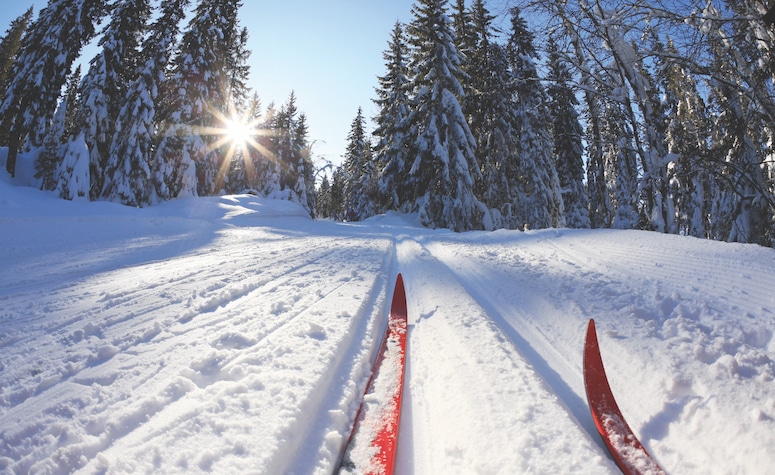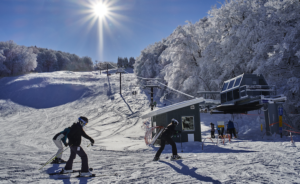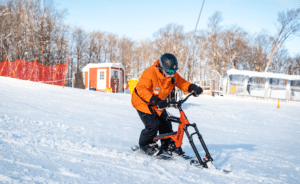
After navigating through the past couple of seasons — during which a perfect storm brought major supply chain disruptions to coincide with historic growth in the sport and unprecedented demand for new equipment — nordic retailers and trail operators across New England finally are seeing some light at the end of the tunnel.
The global supply of skis, particularly cross-country skis, initially was impacted in October 2020 when fire destroyed Fischer’s factory in Ukraine. Fischer produced 60 percent of its total product at the factory, where it made around 180 models of cross-country skis, including those for other large companies such as Rossignol, Alpina, Dynafit, Scott and Hagan. The pandemic and Russia’s invasion of Ukraine last February continue to disrupt manufacturing, not only in Ukraine but throughout Europe, potentially impacting about half of the skis sold across the world.
These supply challenges certainly were felt by a generally flat alpine ski industry but were particularly stressful in a nordic category that, according to Nick Sargent, president of Snowsports Industries America, grew a whopping 800 percent during the pandemic.
“The growth was tremendous,” Sargent told journalists in November during the Snowbound Expo in Boston. “It was one of those things where it is once in a lifetime that you’re going to see that kind of growth.”



